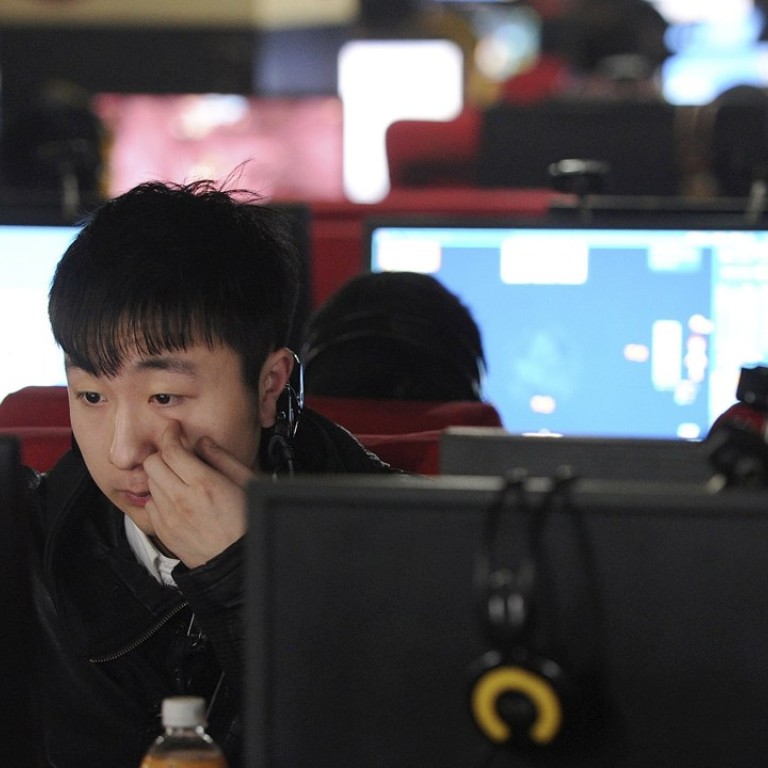
Open debate and trial of Chinese video-sharing site Qvod an encouraging sign of mainland legal reform
Dong Lei says the case involving website executives raises the difficult question of internet governance but may also signal a welcome new norm of differing opinions in China’s state media
Debate on the trial involving executives from online video-sharing site Qvod, accused of distributing pornography, should focus on three questions: whether pornography should be censored; whether technology needs to be controlled by morality and politics; and how any controls would be implemented.
There are people who claim there should be no censorship in modern society; they are making knee-jerk mistakes. In good faith, they cannot really be against all possible censorship, however progressive they’d like to be.
READ MORE: Porn trial of online video-sharing service grips Chinese viewers
For example, we would not allow public duels to the death by consenting adults – otherwise we risk a descent towards anarchy. Left to its own devices, the public may choose disturbing forms of entertainment: is uncensored reporting of gory car crashes wise?
Pornography is effectively as obscene as a car crash because they both breach the dignity of our shared humanity. Making love in the privacy of one’s home celebrates human connection; a public spectacle of sex debases love and lowers our status to the mere animalistic. The same principle has been put forward by President Xi Jinping (習近平) in his speech on the general role of art in society.

And each country should, in accordance with its own particular conditions, be able to decide by itself – in an open and transparent manner and accounting for internationally tested principles – how it chooses to govern its internet space and technology in general.
That is not to say we should restrict the creativity of technology. Still, a careful review of how technology can also negatively affect society is imperative. A balanced strategy will not strangle technological development; such measures will aid progress with the ultimate goal being the betterment of our collective future.
The key is transparency through the rule of law. Towards that objective, the live broadcast of the trial is encouraging
It is therefore important to focus on the implementation of controls. For years, there has been public discussion in China on the introduction of a rating system for films and publications, to circumscribe the negative impact on society while allowing progressives to flourish and the extreme liberal fringe room to exist – such discussions are genuinely necessary. And, in any such process, the key is transparency through the rule of law. Towards that objective, the open, live broadcast of the Qvod trial is encouraging.
There are concerns that the authorities and media in China have expressed conflicting opinions on the trial. In an editorial, the People’s Daily all but declared Qvod’s guilt. On the other hand, Xinhua has championed Qvod’s right to put forward a rigorous defence in court.
Perhaps these seemingly contradictory stances serve to illuminate a new norm, signalling that the ubiquitous state view unanimously echoed by supposed mouthpiece news organisations is becoming passé. Instead, hopefully, we will witness the rise of a more professional variance.
In any event, the trial should be treated as a normal case, its only real significance being that it helps reflect the reforming legal system under Xi’s “four comprehensives” strategy. Similarly interesting cases are sure to come to light in the next few years, and I am encouraged by this new norm in China’s legal system and public discourse.
Dong Lei is a non-practising solicitor in Hong Kong and is the principal at AB Highwood Consultants

